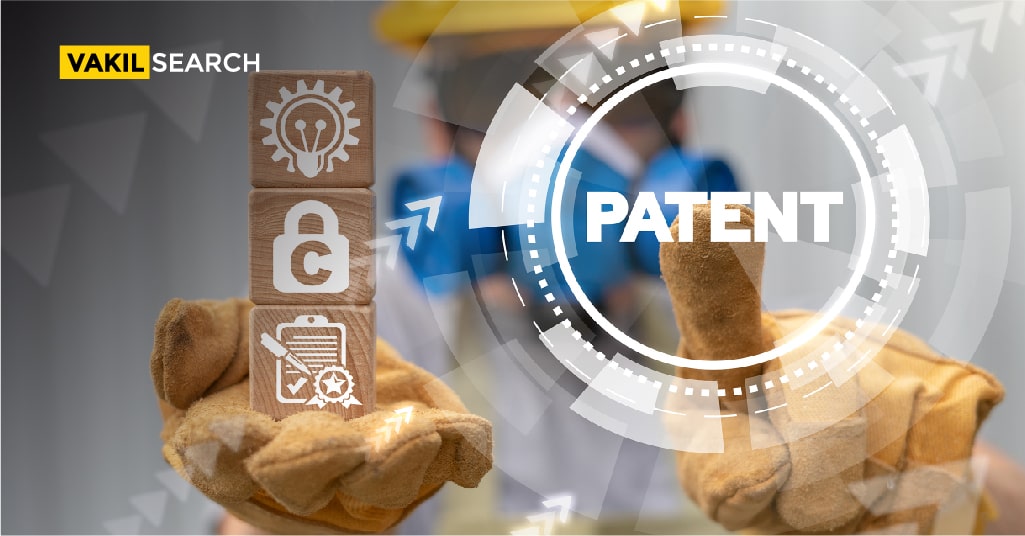Double patenting is the granting of two patents for a single invention, to the same proprietor and in the same country
Double patenting is the practice of attempting to obtain multiple patents in the same region. An inventor can file applications for multiple patents in different countries for the same invention, but not in the same country.
- The issue of double patenting arises when there are two or more pending patent applications for the same invention
- Suppose an applicant submits the first patent application on date XYZ and another patent application i.e. second application for the same invention on date ABC. Then the second application would be considered a double patent, and the patent will not be extended for the 2nd filing
- Double patenting issues can arise only if the 2nd application is alive or published or a patent has been granted
Through a patent, an inventor informs the public about the underlying invention. A patent mainly specifies the nature of the invention, the validity of the right and the ID of its owner.
An applicant cannot be granted two patents for one invention or inventive concept. The patent itself is the only right to an inventor that too for a limited period i.e. 10 years. As soon as the patent period expires, the invention would be available for the general public.
Multiple applications for one patent could result in infringement. In most patent systems globally double patenting is impermissible. However, the double patenting considerations may vary beyond jurisdictions.
Double Patenting Aspects to Examine
Main aspects that a patent office examines if an objection of double patenting arises are:
- Entity: If two patent applications have at least one common originator or creator, it would be regarded as double patenting.
- Claimed subject matter: Patent laws avoid extending patent rights that are against the law. Double patenting arises if the same or similar claims are there.
Double Patenting IPC India
There is no such explicit provision and clear interpretive stand in the patent law India regarding patenting. However, Section 46(2), Section 13(1)(b), Section 16, and Clause 5.2, Indian Patents Act, 1970 pertains to prior claiming if two patent applications claim the same invention by the same applicant, even if the filing dates are different, it will be the case of double patenting.
Clause 5.2
- A prior claiming document search will be with the inventor’s name or applicant’s name or both. So, it is better to avoid patenting
- In the search report, the examiner incorporates:
- The application number
- The patent classification (IPC)
- The relevant citations with their number and date of publication and other details.
which are enough to find out parenting issues.
Terminal Disclaimer Double Patenting
There are two types of double patenting in the US
- Statutory
- Non-Statutory or Obvious.
Filing a terminal disclaimer is a way to overcome a patenting rejection in case of or non-statutory patenting. It says that the 2nd patent application expires at the same time when the first patent will be enforceable. It is applicable only if both applications are similar.
European Patent Office (EPO) Conclusions
The summary of the EPO conclusions for the prohibition on patenting with referral to the enlarged board of appeal is as follows
- There is no communicative provision in the European Patent Convention (EPC) that prohibits double patenting
- It is not clear whether the patenting bar is a part of the convention or not
- Both Article 63(1) EPC and Article 76(1) EPC do not have scope for the patenting counter
- There was no revision in Article 139(3) EPC
- Article 60(1) EPC is not the basis of patenting
- Article 125 EPC cannot introduce a new ground of refusal for a bar on patenting and others.
Therefore, the matter of double patenting is left entirely to national law.
Conclusion
India has attracted global attention with the continuous evolution of its Intellectual Property Rights (IPR) ecosystem. Moreover, there are regular amendments to speed up the patent examination process and encourage transparency at the Indian Patent Office (IPO). Rapid implementation of progressive amendments of the IPR ecosystem facilitates startups in India.
Various provisions in India’s patent law are unique to India only. To get assistance regarding IPO filing, you will need an experienced legal advisor. You can connect to a proficient team of legal advisors at Vakilsearch. Feel free to contact us.
Also, Read:

